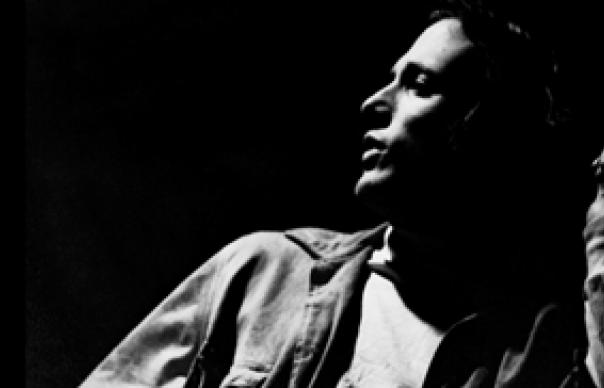Given the sharp decline of his creative output after 1975, it’s easy to forget what an astonishing talent Stephen Stills once was. Had he arrested the slide like old Buffalo Springfield buddy Neil Young did in the late ‘80s, it’s likely the two would be held in equal measure today. Instead, to borrow from Young, he burnt out, and faded away. But between 1968 and ’73, Stills was as boundlessly prolific as any musician on the planet. By April ’68, the Springfield were all but history. Days prior to their final gig at Long Beach, Stills was helping girlfriend Judy Collins record music for 'The Subject Was Roses' in a New York studio. In the downtime, he slipped a roll of bills to the engineer and asked him to leave the tape rolling. The result, recorded in a little over an hour and not rediscovered by Stills until 2003, was 'Just Roll Tape'. It’s an incredible outpouring of ideas. Armed with just an acoustic guitar, the breadth of textures is extraordinary, as is the tightness of the arrangements. For all its roughness – and it is rough – "Change Partners" is as complete as 1971’s album version. The quicksilver-blues of "Black Queen" is as riveting as its official take, a reminder of why frequent jam-partner Hendrix hailed Stills as the greatest guitarist he’d ever played with. And for all his struggles at the high end of the register – he clearly needed a Nash – a proto "Suite: Judy Blue Eyes" sounds gorgeously forlorn minus the ecstatic harmonies of C&N. For all his funky folk strumming and bluesy accents, Just Roll Tape underscores just how soulful Stills’ voice was. Around the corner lay CSN(Y), Super Sessions, solo LPs and the brief miracle that was Manassas. As evinced on recent CSNY shows, he remains a remarkable guitarist. But this is Stills just as his creative dam was fit to burst. ROB HUGHES
Given the sharp decline of his creative output after 1975, it’s easy to forget what an astonishing talent Stephen Stills once was. Had he arrested the slide like old Buffalo Springfield buddy Neil Young did in the late ‘80s, it’s likely the two would be held in equal measure today. Instead, to borrow from Young, he burnt out, and faded away. But between 1968 and ’73, Stills was as boundlessly prolific as any musician on the planet.
By April ’68, the Springfield were all but history. Days prior to their final gig at Long Beach, Stills was helping girlfriend Judy Collins record music for ‘The Subject Was Roses’ in a New York studio. In the downtime, he slipped a roll of bills to the engineer and asked him to leave the tape rolling. The result, recorded in a little over an hour and not rediscovered by Stills until 2003, was ‘Just Roll Tape’. It’s an incredible outpouring of ideas.
Armed with just an acoustic guitar, the breadth of textures is extraordinary, as is the tightness of the arrangements. For all its roughness – and it is rough – “Change Partners” is as complete as 1971’s album version. The quicksilver-blues of “Black Queen” is as riveting as its official take, a reminder of why frequent jam-partner Hendrix hailed Stills as the greatest guitarist he’d ever played with. And for all his struggles at the high end of the register – he clearly needed a Nash – a proto “Suite: Judy Blue Eyes” sounds gorgeously forlorn minus the ecstatic harmonies of C&N.
For all his funky folk strumming and bluesy accents, Just Roll Tape underscores just how soulful Stills’ voice was. Around the corner lay CSN(Y), Super Sessions, solo LPs and the brief miracle that was Manassas. As evinced on recent CSNY shows, he remains a remarkable guitarist. But this is Stills just as his creative dam was fit to burst.
ROB HUGHES



